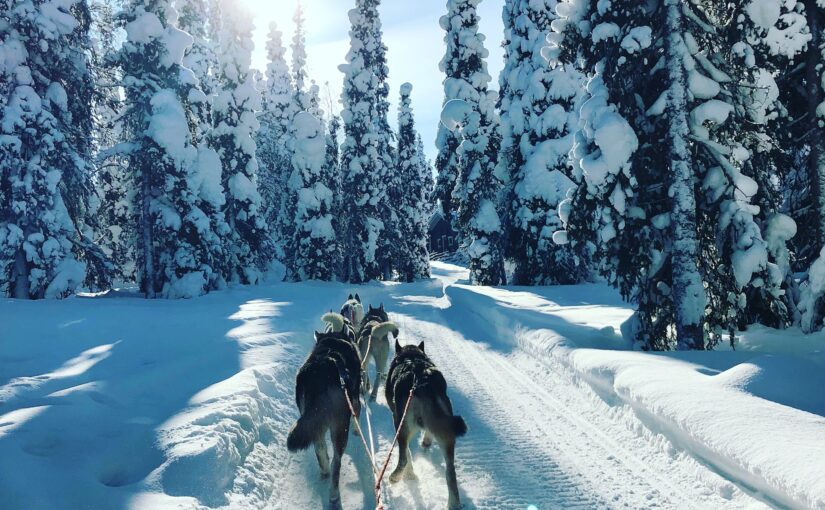Field of study in Wageningen: Soil, Water, Atmosphere
Study period exchange: 30/08/2022 – 23/12/2022
Country (exchange): Finland
City (exchange): Helsinki
University (exchange): University of Helsinki
Faculty (exchange): Faculty of Science
2. Motivation for exchange
Why did you choose to go on study exchange?
I wanted to experience something new and exciting. I also wanted to broaden my learning experience by attending another university. See how life would be there and if the differences would be small or large compared to Wageningen.
What is the reason you chose for this country/university?
Well, first I wanted to go to Ireland. Unfortunately, I didn’t get a place there and also not at my other top-3 spots, so I had to choose from the remaining universities that were still left. However, I am really glad that I ended up in Finland and maybe it made my exchange experience even better than it would have been elsewhere. In the end I chose the University of Helsinki because I liked the courses the most and I thought Finland would be a nice country to go to.
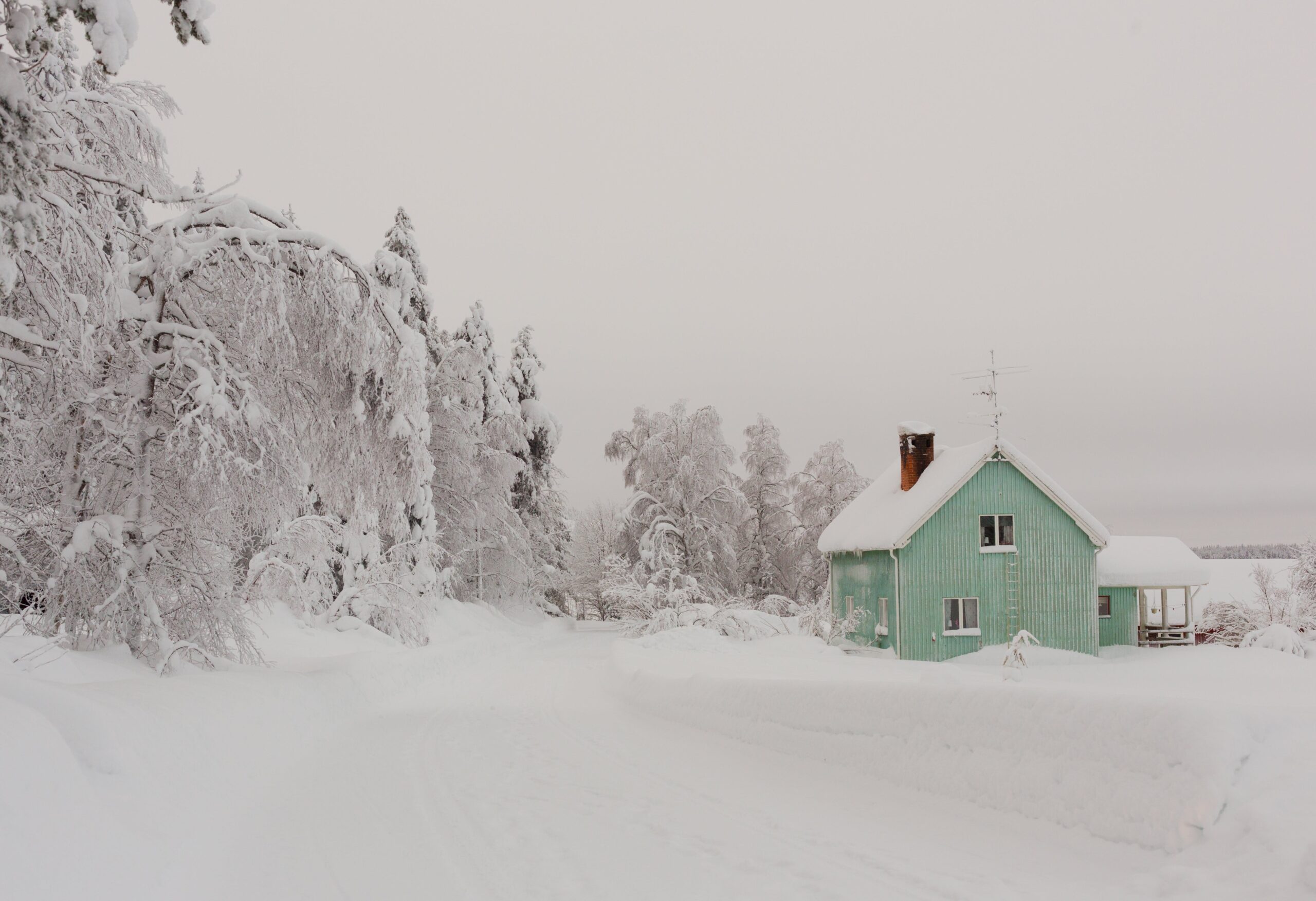
3. Accessibility to reach destination
Do you have any tips to reach your exchange destination?
There are many ways to get to Finland. I chose to go by plane, because it is quite a long bus ride and otherwise it did not work out for me with other holiday plans. However, if you have the time I would suggest going by bus or train. If you have the time both are good ways of transport and you also see something from the countries you travel through. Also, flying is expensive and not really environment-friendly.
4. University and studying
Could you provide some general information about the followed courses?


How is the study formalized?
The university has three campus locations (Viiki, Kumpula and city centre). If you have courses at different campuses then it can be hard to get everywhere on time, but then it is mostly not a problem if you’re a bit later. The academic level is similar to Wageningen, however, the workload was less for me. Here, you did not have presentations and reports that cost a lot of time but then only count for 10%. They do not always have exams, but test sufficiently in other ways (e.g. assignments). The material was good. If I needed any books I did not have to buy them, but I could borrow them from the library. This is really handy if you are an exchange student. The online workspace is also clear.
What is the culture of the university?
Just like at WUR, the professors are very approachable. Their mentality is that everyone is equal, whether you are a student or a professor. I could always go to my professors with questions during the lectures or ask/email them afterwards. Most responded quickly.
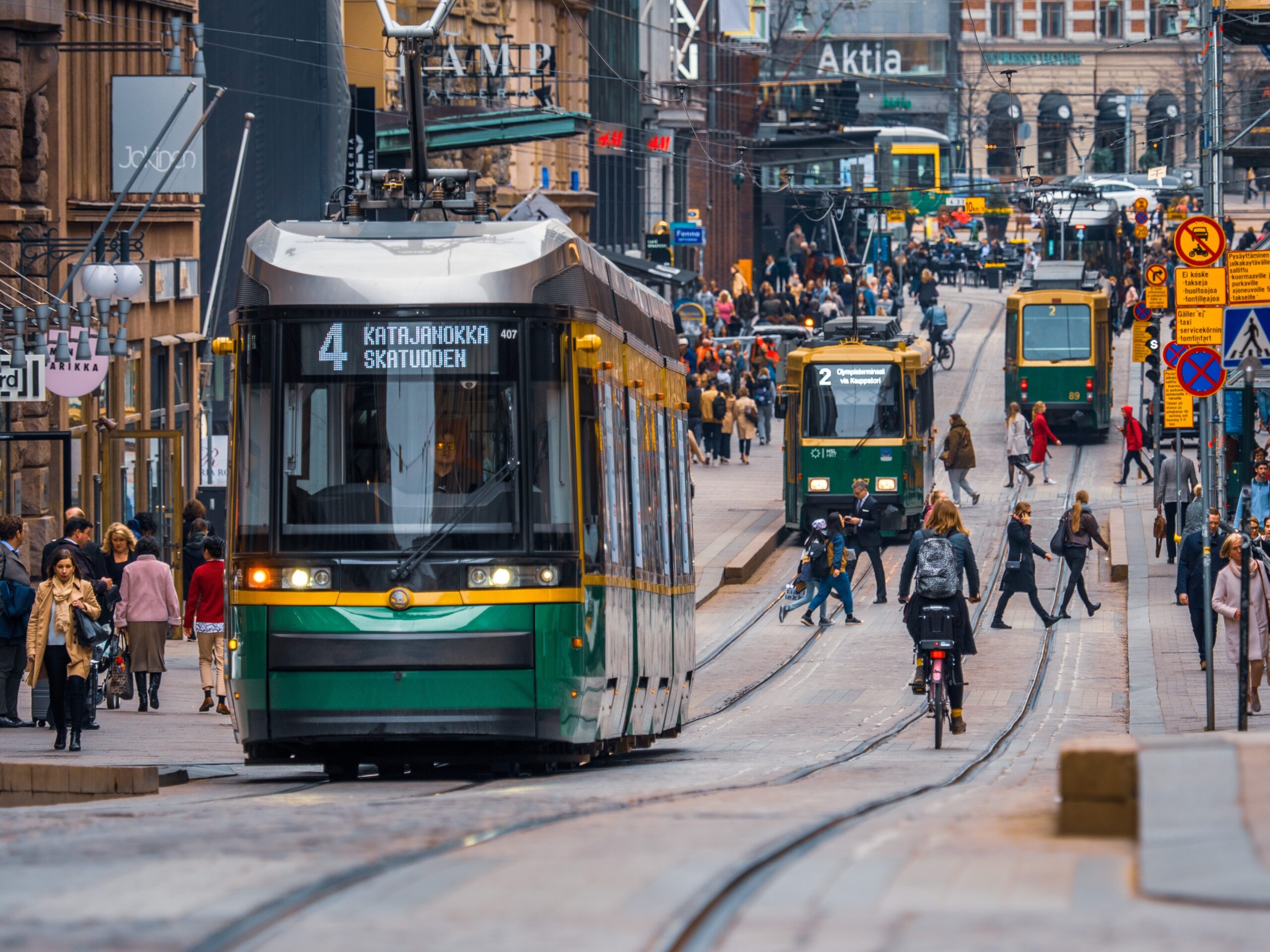
What does the university offer the student additionally?
The student catering is something WUR can learn a lot from. Student meals are subsidised so for the small price of € 2.95/2.85 (non-vegan/vegan) you could choose from the main meals that they made each day. There was always a vegan and non-vegan option and often also a fish option. Allergies were clearly specified (gluten, milk, soy, etc.) and you also get two drinks with a meal. A glass of water and a glass of (soy) milk. So I would advise to make use of this if you can. There is also a sports facility from the university. I did not use this because I was member of a dance association (Rock’n’Swing Dance Club Comets) that was not bound to the university. Laundry facilities were included in my home. I lived at the Vuolukiventie UniHome. There you had to reserve a time spot of max. 4 hours and then you could use the washing machine and dryer during that time slot. 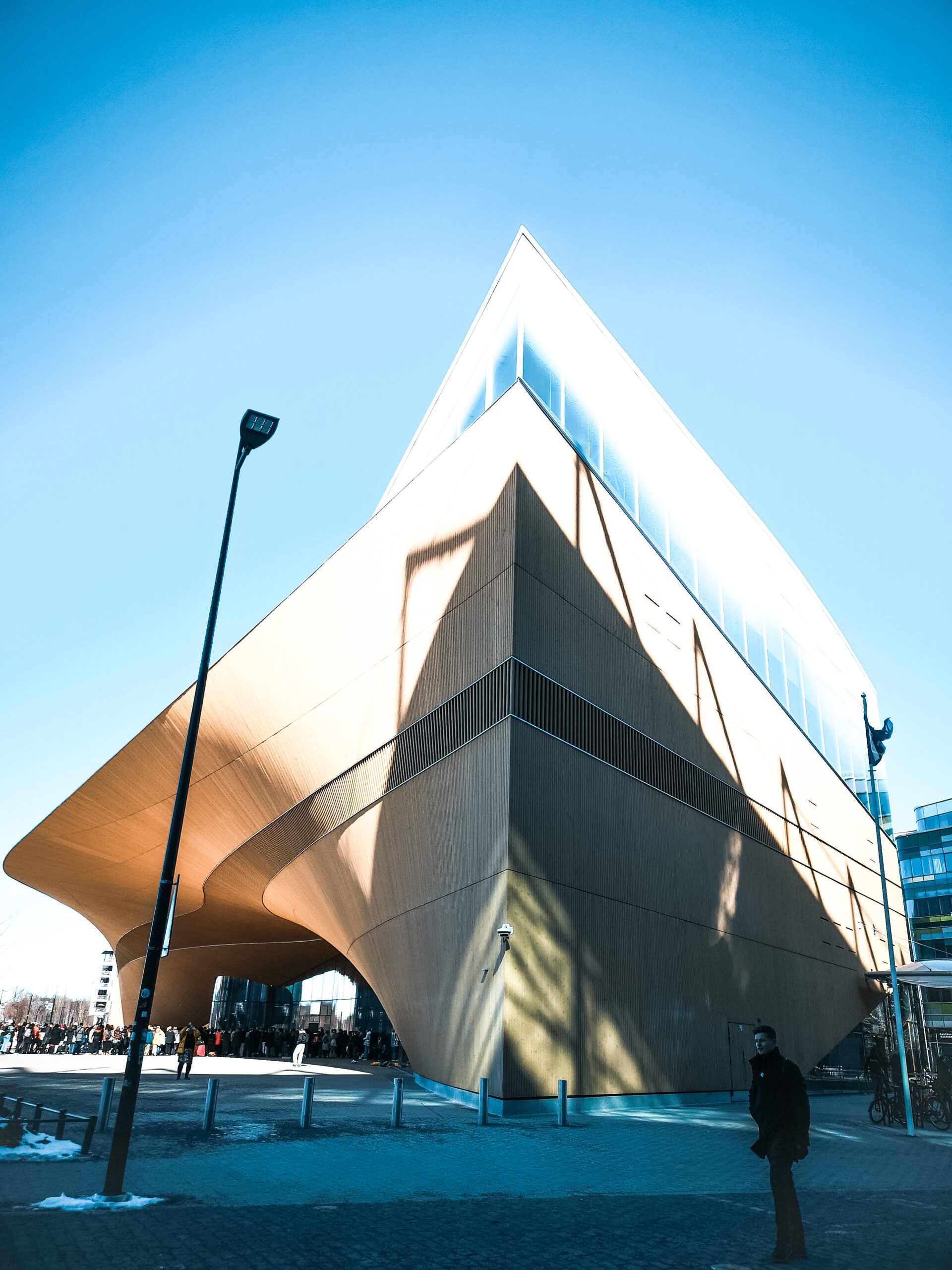
5. Housing-travelling-living
What are the possibilities for housing?
You could sign up for student housing via university. You should do this as fast as possible. I lived in a building from UniHome (Vuolukiventie). There were almost only international students there and a lot of students did an Erasmus programme. There was a section for PhD students as well. Most rooms were studio’s, but a select few had shared kitchens. The prices ranged from about 420€ for the smaller rooms with a common kitchen to 630€ for the largest rooms. You cannot choose which kind of room you get, you get an offer that you can accept or decline. I also had Erasmus friends who did not rent their house via the university, then you have to search some more online.
What is the culture of the country like?

In the first week I learned about this Finnish meme and this felt true sometimes. However, once you get the Finnish to open up a little more they can be fun to be with too. What I also found a funny difference is the way of speaking. Finnish people get more quiet/lower their tone of voice at the end of a sentence, so you can really hear that back even when they speak English. Local cuisine are things like salmiakki liquorice (we know that too) and anything with potatoes. They also have a kind of cinnamon roll called Korvapuusti. You should try it.
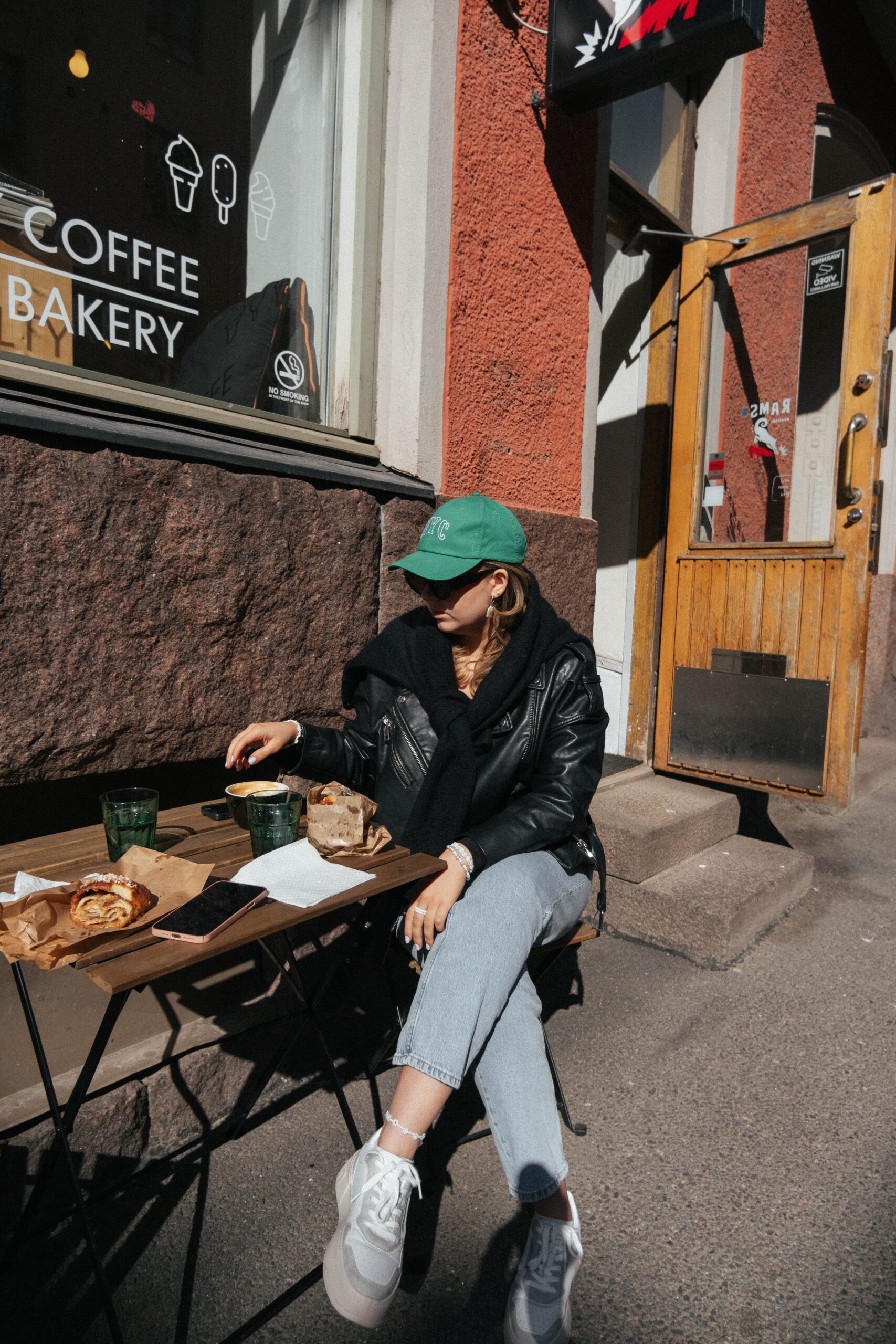
Could you give a general price indication of the place of residence compared to living in Wageningen?
More expensive. The prices in the supermarket in The Netherlands rose during the fall of 2022 because of high inflation. Everyone was complaining that everything got more expensive. When I was back in January 2023 I actually did not think prices were that high after all, because I was used to higher costs in Finland. Especially fresh products can be expensive, sometimes frozen products are then the better option. Or just eat at the UniCafe, there it is cheap and then you have a warm meal for which you don’t even have to cook.
Could you give some information about public transport infrastructure?
Public transport is very good. I had two bus lines that stopped in front of my house. Both took me to university. One within 10 minutes, the other took a bit longer. The busses ended in the city centre at two different places. You could also go to university by bike, but as soon as there is snow or ice that gets more complicated. You get a public transport card with student discount and then you can pay per month or 14-days for travel rights. You can also top-up the card to get outside your main travel zones. The first days in Finland you don’t have the card yet. Just download the HSL app and add your credit card. There you buy your bus or train tickets. You cannot buy tickets from the bus driver. To buy a single ticket (valid for 80 minutes) cost me €2.80. You can also get student discount for the regional train. Read on their website how you do that (https://www.vr.fi/en/discounts-on-train-tickets/student-discount).
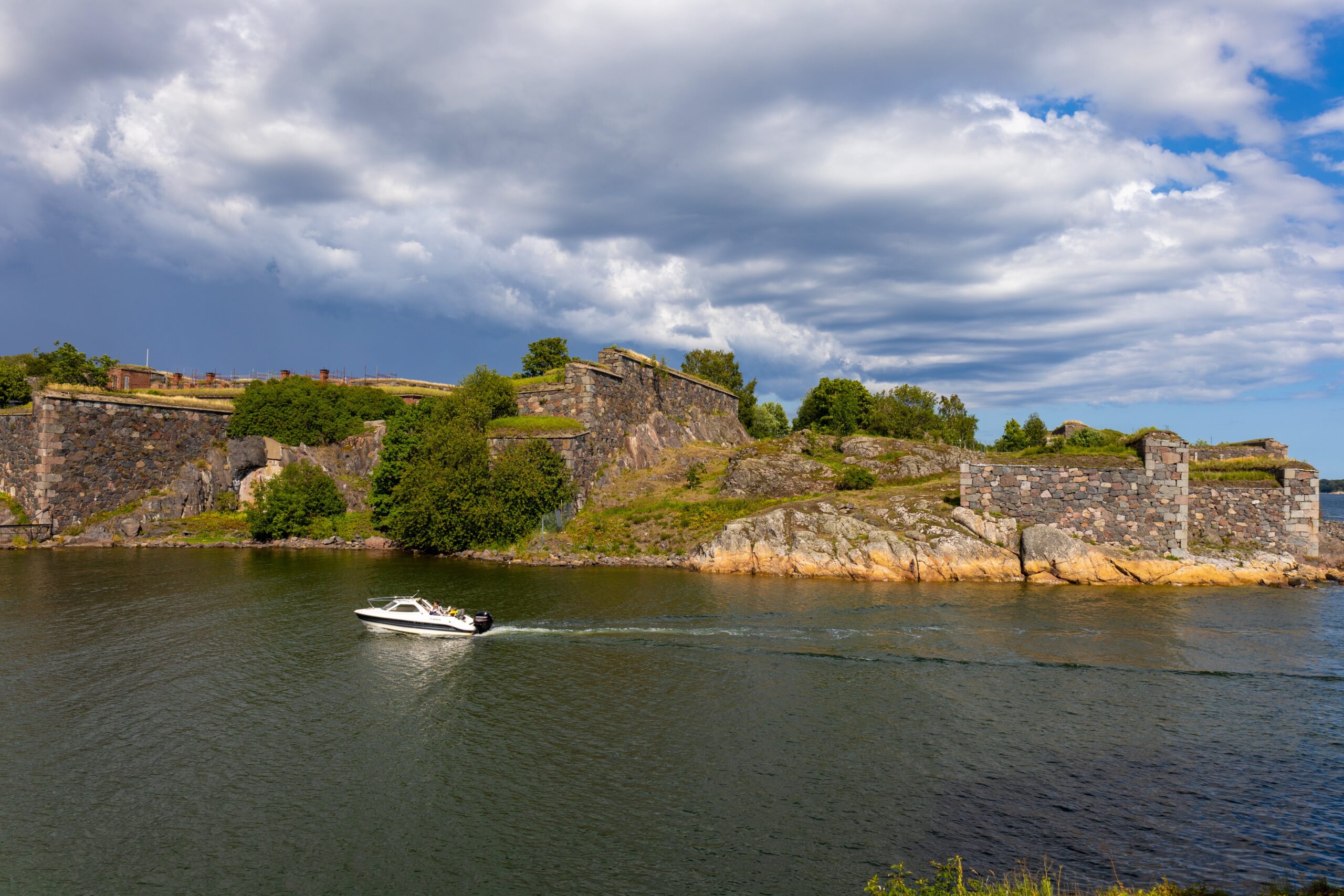
6. Free time
What are must-sees in the area?
-
- Suomenlinna: this is one of the many islands in Helsinki. You can get here by boat and it is free with your public transport card or ticket. It is nice to walk over the island, enjoy the view or go into the small museum.
- Cafe Regatta: here you can get some hot chocolate (or tea or coffee) and a good Korvapuusti (a typical Finnish cinnamon bun with cardamom). It is more known to the locals than to the tourists and it is a cute small business. They have a terrace outside no matter the season.
- Tallinn: take the boat to Estland and visit Tallinn. It has a super cute inner city but also several interesting locations, such as the KGB museum. You can also buy cheap alcohol there (in Helsinki the alcohol prices are no joke, even in the supermarket, though it is not as bad as some other Nordic countries).
- Visit one of the many nature parks around Helsinki and if there is snow go cross country skiing in or around the city.
- Go second-hand shopping! There are a lot of second hand shops in Helsinki. They have everything from normal clothes to glitter dresses to shoes to ski trousers. I have even seen ice skates in a second hand shop. You can also get the normal things like plates, pans and cups.
- The market in the harbour is a lot of fun. They have fruit, fish, eating possibilities but also souvenir items. It is at the Market Square (Kauppatori) and the ferries to Sumenlinna, Korkesaari and other islands.
Do you have general tips and tricks about leisure time?
-
- Go to the ESN activities. They organise a lot of enjoyable activities and that is often quite cheap or free. They also have a discount for trips to the Baltic states, Iceland and Lapland.
- Go on a walk through the city centre and see where you end up. I really liked that way of exploring the city because you come where you maybe wouldn’t go otherwise.
- For a restaurant, I did not each much in restaurants (I mean, you cannot spend endlessly) but I did eat at the Deliveri restaurant (Keskuskatu). It was not too expensive and right in the city centre. You can sit both inside and outside. The menu was also available in English (but google translate works too) but I don’t know if their website is English or just Finnish.
- Also a free tip: Finland does not belong to Scandinavia, so don’t say that to Finnish people. They won’t like you afterwards. (Well, they are not too mean about it, but it is like saying that The Netherlands is part of Belgium…).
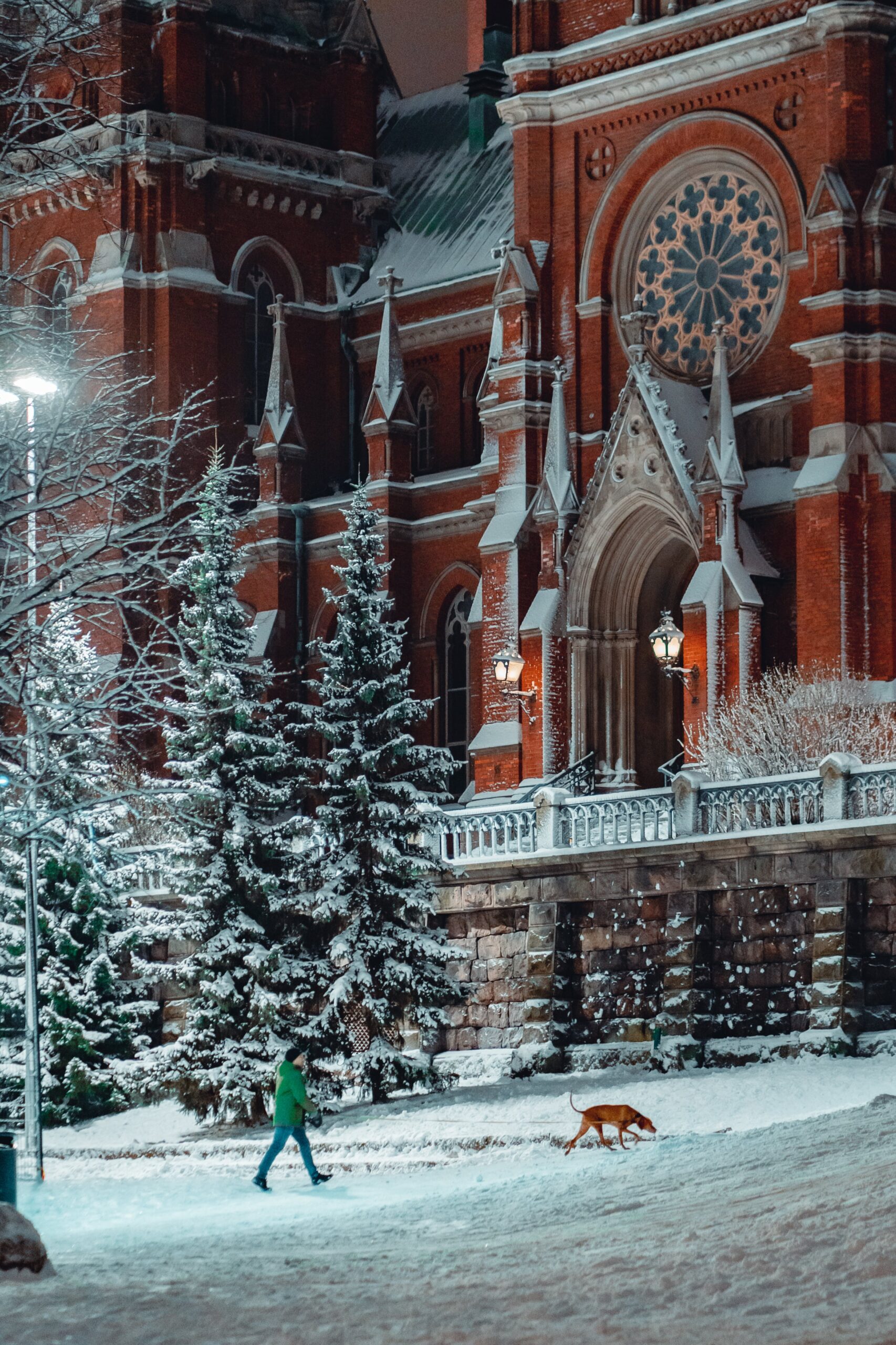
7. Challenges & best moment abroad
What was a challenge you have experienced?
In the second period I took a lot of credits. Especially with a trip to Lapland it became a bit much at some point. I had so many deadlines and assignments that is was hard to keep track of everything, but I managed by planning very carefully. However, it meant that I had to miss out on some social events with friends. I did not really experience much homesickness or anything. I knew it would be about 4 months, so in my head that was manageable. I called often to my parents and they also visited about halfway. I think that really helped. When I first came to Helsinki I was a little worried that I would not find nice and like-minded people. But that insecurity was unfounded because I met a lot of lovely people in my introduction group. And a lot of them also lived at the same place as I did, so that was really nice when we were going out and getting back home together. Also, when you go out in the city centre and you live a bit further away, look up the public transport beforehand. It depends on where you live, but I had to choose around 2 ‘o clock whether I wanted to go home or get the first bus/train (around 5 or 6 somewhere) in the morning back home. There are taxi’s available, but they can be expensive.
What was your best memory abroad?
My friends! We had some amazing trips together (day-trip to Tallinn, weekend to Tallinn and Narva, going to Lapland). I think one of my most cherished memories is the Tallinn-Narva trip. We went on the ferry to Tallinn, and stayed one night there so we were able to go out there. Then we saw a lot of different bars, even a secret one, hidden behind a normal-seeming door, and we ended with a lot of bad karaoke songs in a karaoke bar. We really had fun that night. Narva was also interesting, but I would suggest to take someone with you who speaks Russian if you want to go there. We had someone who could do that and that was for the better. Narva is the third city of Estonia, but the majority of the inhabitants are Russian.
Apart from trips we did other things too, such as movie nights, baking cookies together, doing weird Austrian traditions (something with snow and Jägermeister), going on sushi dates, studying in the library, picnicking in the park (when it was still summer), kitchen parties, a pub crawl and fox hunt (both with ESN), an going to the Kluusteri (something of our faculty where we had space for parties and karaoke. Once inside you always had to put off your shoes).
With my dance group (Rocky Roads) we had a lot of fun during normal trainings, even though the training was mostly in Finnish (and I did not understand everything). But then again, dance is it’s own kind of language, and so you don’t necessarily have to understand what is being said if you want to understand it. It even went so well that I could dance the competition routine at the nationals in Tampere (within three months of starting)! And guess what, we ended up in first place!! I danced at the Rock’n’Swing Dance Club Comets (comets.fi/en/) and did the dance style Rock’n’Roll formation there. They also have other swing-dance styles such as balboa, blues, boogie woogie, bugg, collegiate shag, fusku, jazz roots, lindy hop, rockabilly and west-coast swing. Some classes are also taught in English, so if you like to dance then look them up.

